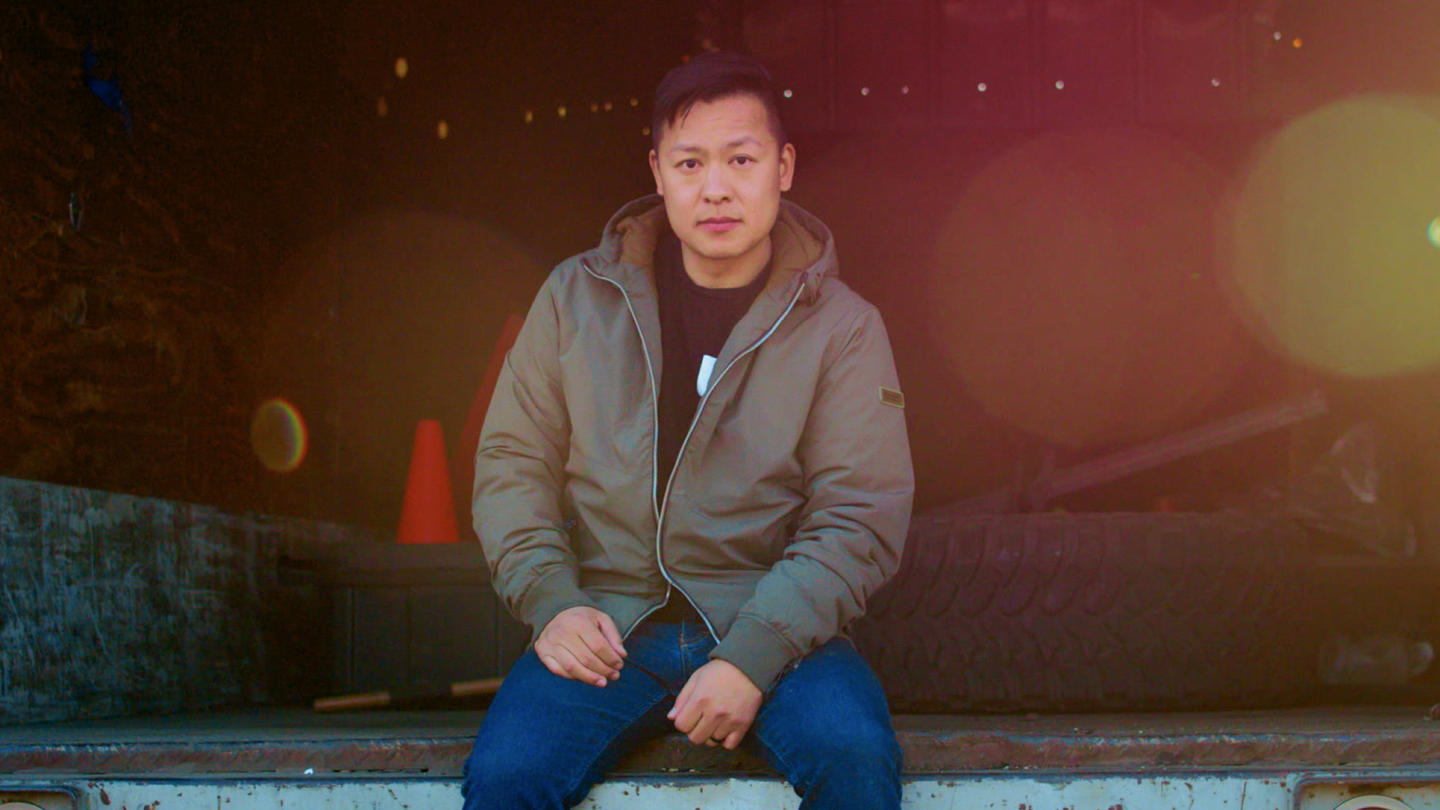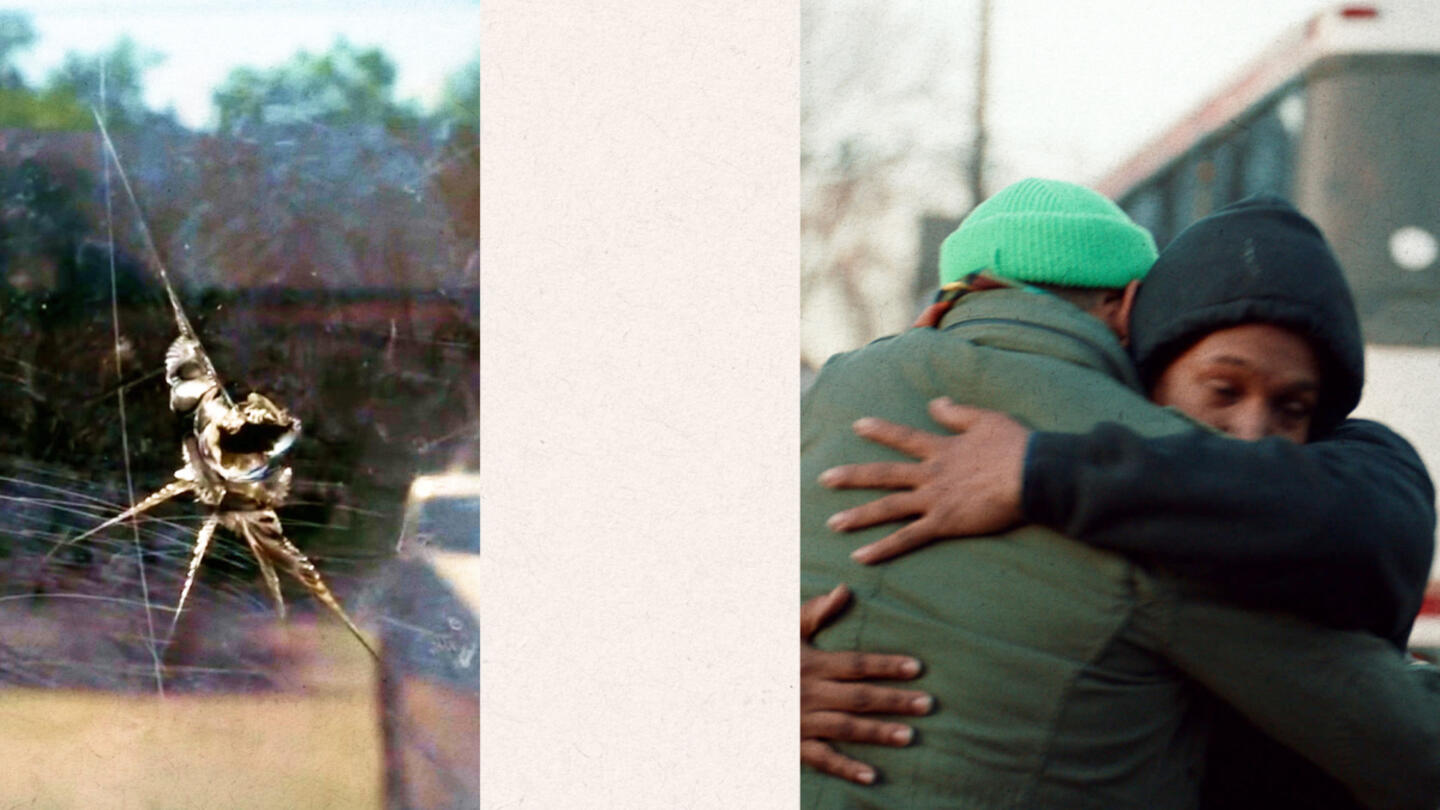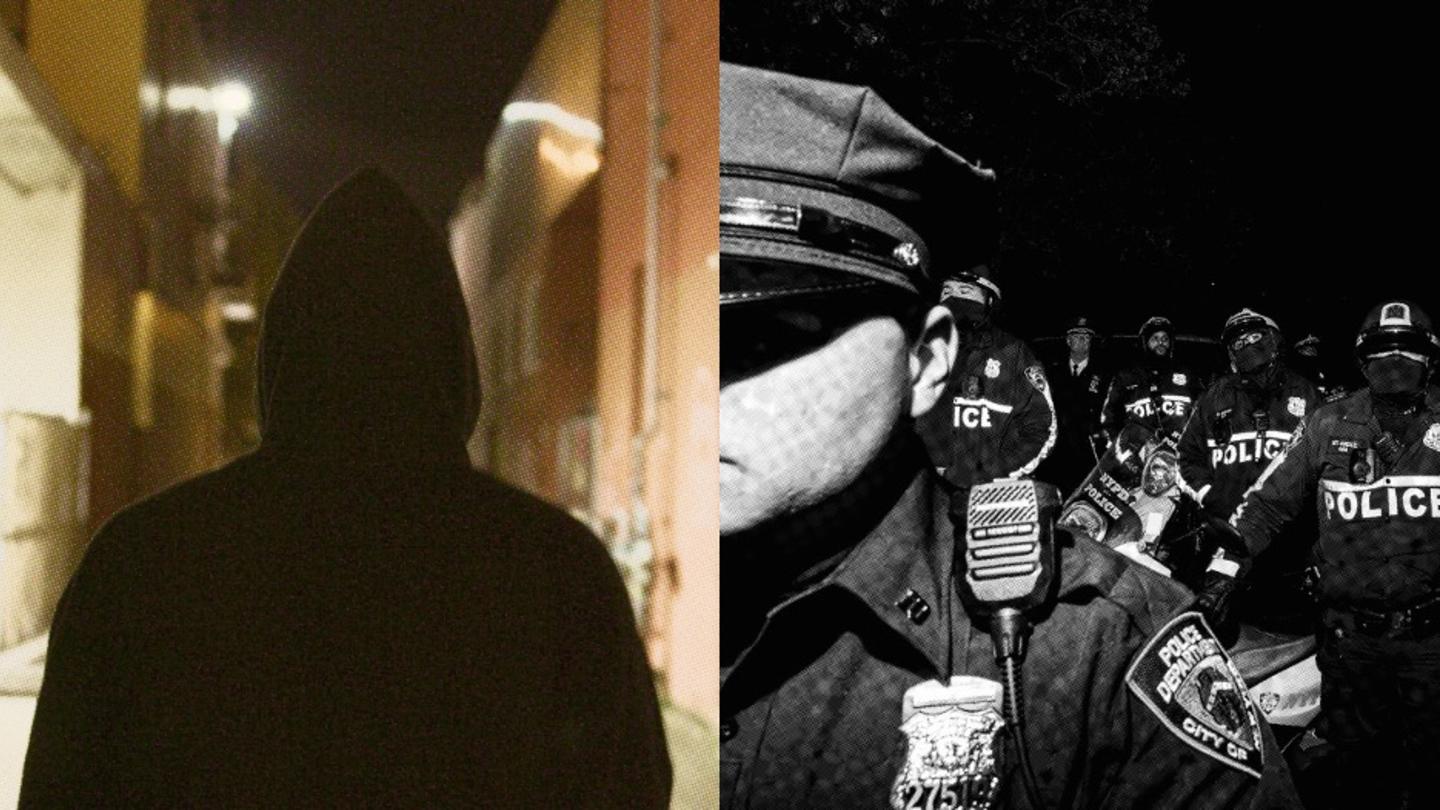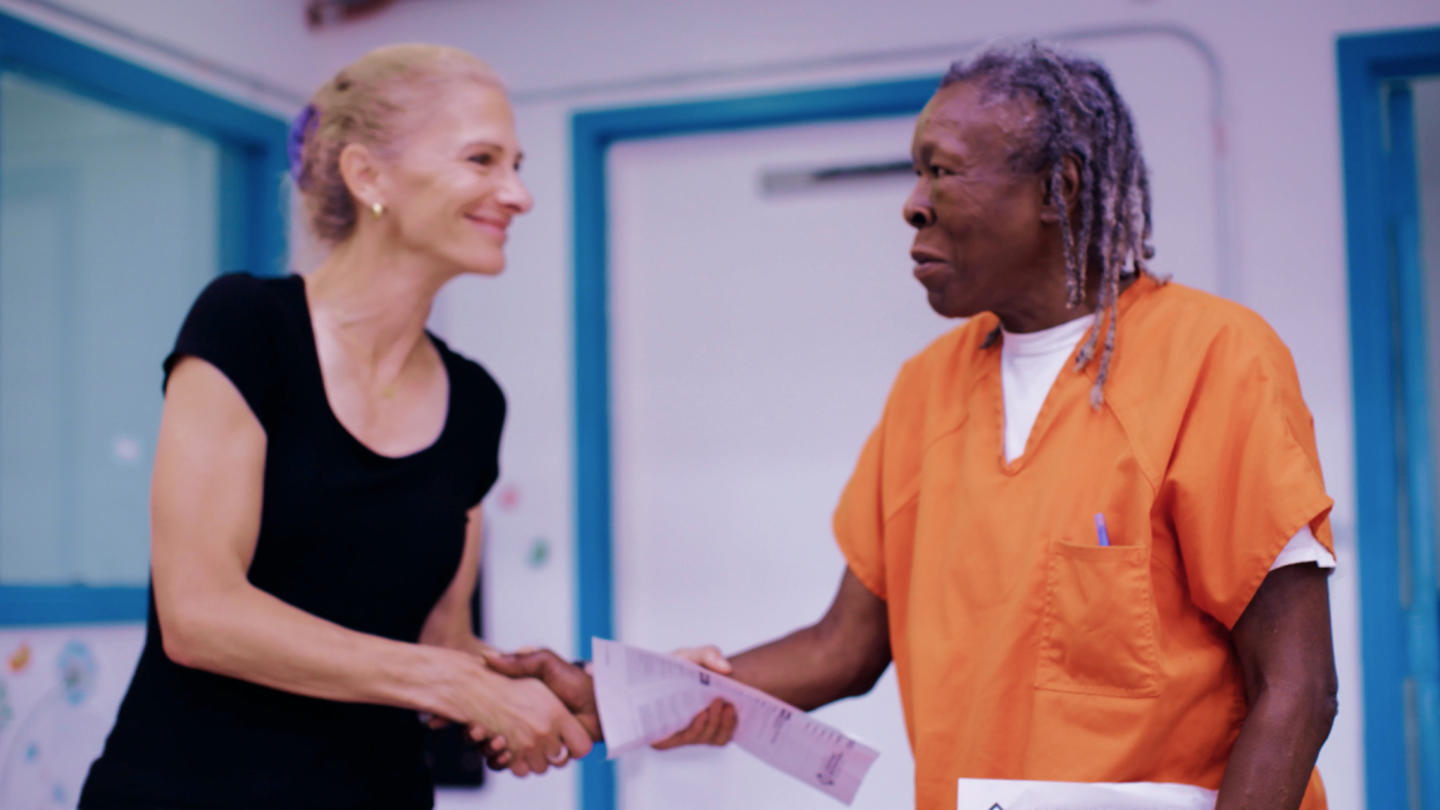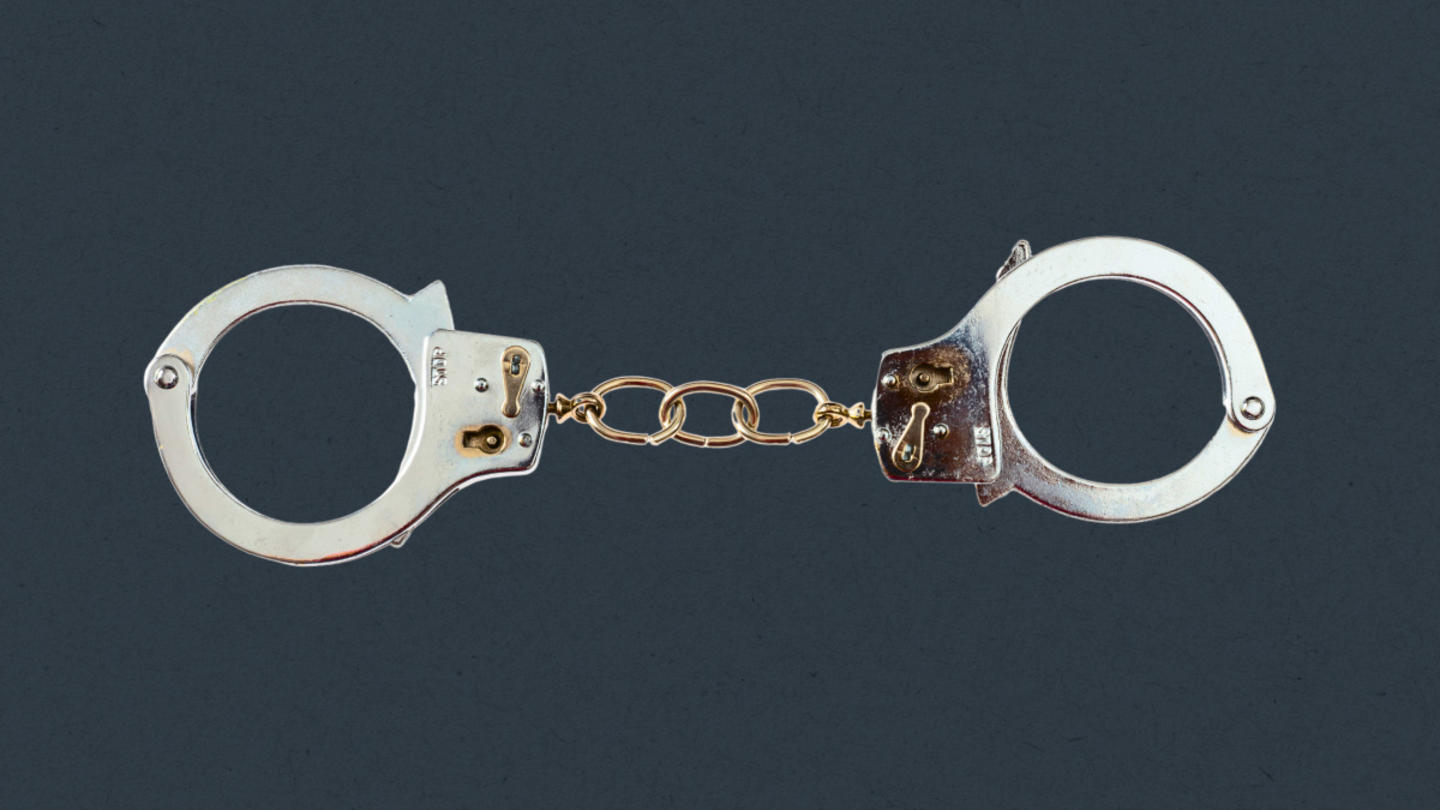Jason Wang's worst moment came in his home driveway at age 15. While his mother watched in shock, he was arrested for aggravated robbery and began a four-year journey through the California prison system.
Jason had been on a path to prison his entire life: born into poverty, raised by an abusive father, and groomed by a gang. His arrest put the final nail in place to seal himself into a cycle of prison, recidivism, poverty, and hopelessness that defines generations of American families.
But Jason's story didn't end in a downward spiral. Today, Jason is the head of a pioneering nonprofit called FreeWorld. His organization lifts people who have been in prison into successful careers and gives them the stabilizing support systems to experience healthy families and fulfilling work. FreeWorld is a model for reducing recidivism, improving public safety, and progressing toward a better future.
"I [was] frightened crossing the street. It had been so long since I'd seen a car."
Jason's journey through prison gave him a painful understanding of the invisible struggles of incarcerated Americans. Small things like using a smartphone and even depth perception wither when you're on the inside.
"After years of being incarcerated, reintegrating into society is quite challenging," says Jason. "I found myself being frightened crossing the street because it had been so long since I'd seen a car that everything felt like it was moving too fast."
People who have been in prison face more serious problems, too. On release, they often lack basic identification documents: a driver's license, social security card, or birth certificate. Without such basic forms of identification, it is nearly impossible to get a job.
Compounding this problem is the lack of support that these men and women experience. Many have no transportation, little to no education, and no access to job training programs. Many also come from communities that are trapped in poverty.
Jason's saving grace came from a personal connection.
"When I was incarcerated," he recalls, "my mom used to drive 14 hours every single weekend just to visit me in prison for two hours. And she used to say, 'Even though you're physically incarcerated, I'm locked up with you.'
"She always used to say, 'Don't forget who you are. You're a good person, despite everything that's happening around you.' And she helped me feel human again."
Jason doesn't point blame at anyone for the dehumanizing experience he endured in prison or afterward. He holds himself accountable for the robbery that landed him in jail and also recognizes the influences that pushed him to that point.
But he is also uniquely positioned to transform the systems and attitudes that restrict formerly incarcerated Americans who try to move on from the worst day of their lives.
"I'm empathetic toward parole officers because they're under-resourced and understaffed," Jason says. "They're not getting the resources to connect people to current job opportunities that are available today."
And the jobs that are available to people who have been in prison pay $12,000 per year on average. That's less than a quarter of the median household income in the United States. Jason found that often employers fall into the cultural bias trap believing that former prisoners cannot make trustworthy employees. Denial from higher-paying jobs compounds with the steep financial recovery from years in prison to make what Jason calls "invisible handcuffs."
The path of least resistance is down and back, right back into prison.
Providing legitimate first chances for people who have been in prison
Jason's painfully personal understanding of these barriers formed his idea for the nonprofit that would become FreeWorld. In prison, "FreeWorld" is a slang term for the world outside the gates, its opportunities, and its promise. Jason's organization subscribes to that promise.
"I don't think that many of our students have ever had a legitimate first chance in life," Jason says. "You get born into a world of poverty. You never had a chance to begin with. And so at FreeWorld, our tag line is 'Providing Legitimate First Chances.' We're going to invest in you. We don't care about your history. We don't care about your past. All we care about is your future."
FreeWorld got its start when Jason met and partnered with Matt Mochary, a veteran entrepreneur and CEO coach. With Matt's help, Jason built a team of people, most of whom had been in prison themselves.
FreeWorld supports, trains, and leverages jobs for formerly incarcerated people, empowering them to build fulfilling and successful lives. Jason's reason for hiring former prisoners isn't for publicity or empathy. He recognized from his own experience that the people closest to the problem are the ones best equipped to solve it. All they need are the resources.
Jason saw commercial trucking as an area ripe with opportunity. A massive problem in the trucking industry right now is the lack of qualified labor. More drivers are needed to transport goods across the country. Couple this with the fact that formerly incarcerated people face fewer barriers to obtaining a commercial driver's license compared to other careers, and you have a wide-open opportunity.
The company receives roughly 1,000 applications and graduates 200 students per year, directly placing them into jobs in the trucking industry. By the end of 2023, Jason expects to double those results.
FreeWorld's 10-year goal is to graduate and place 100,000 students into jobs every year. As ambitious as that goal sounds, that is less than one-sixth of the prisoners released in America every year. The potential to grow and effect change is enormous.
With numbers rising, FreeWorld plans to expand into more careers that are in high demand, like welding, construction, and even computer coding.
FreeWorld is breaking barriers to employment
FreeWorld is riding on a lot of innovative processes in order to scale this model and empower more people to realize their potential. "We've heavily leveraged technology to solve immediate needs immediately," Jason says.
Their application process can all be done online, as can the first instructional classes. FreeWorld uses several online programs to shortcut the months-long process of getting personal identification documents down to a couple of weeks. Using technology to leap over problems that traditional methods struggle to solve lets FreeWorld accelerate the success of its students.
This is all happening alongside their 45-day training program that starts with online learning, then transitions students to a local partnering CDL (Commercial Drivers License) school.
Students are paid $2,000 for living expenses during the program so they can concentrate on schooling without having to worry about extra work hours. Students who don't have access to personal transportation are set up with FreeWorld's Uber service to take them to classes.
All this is funded by FreeWorld and by an income-sharing agreement. Graduates who go into successful trucking jobs pay 10% of their earnings back over five years. The money funds students coming up behind them and builds a unique community of support and encouragement.
"Once you've got about two years of experience, you can earn $80,000 - $120,000 a year," says Jason.
"Once you have three years of experience, we have an entrepreneurship program where we will actually help you start up your own trucking company. And today, we have three graduates who have gone through our program; who have started trucking companies and are now hiring our new students coming out of school."
"We want to be in every parole office all across the nation" to help formerly incarcerated people
Jason has his sights set high. "We're putting the right things in place in order to be successful longer. This is a marathon, not a sprint."
"What's important for me is to continue this work and find a pathway towards actually ending mass-incarceration," he says, referring to the explosion in prison populations that began in the 1980s and has failed to make communities safer.
"How can we create an organization that can reach incredible scale over the next 10 years, and can we use that scale to essentially start to influence policy, to influence public advocacy? And getting people into high-wage jobs outside of prison seems to be that pathway."
Jason envisions FreeWorld as the go-to option for formerly incarcerated people in America. "We want to be in every parole office all across the nation," he says with an eye towards the mutual benefit that comes with reducing recidivism (the rate at which people who leave prison return).
"We now serve 1,400 people all across the nation. We have a less than 2% recidivism rate, and our graduates are now taking care of their families. They're eliminating all of their debt, they're tax-paying citizens, and we're saving the state and federal government millions of dollars in re-incarceration costs while keeping our communities safe."
Jason and Matt Mochary looked at two problems, recidivism in the prison system and labor shortage in the transportation industry, and found a solution by pairing them together.
It's the definition of a win-win – not only for the students and employers but also for their communities and the country. By taking a direct approach to creating more opportunities for the formerly incarcerated, FreeWorld is empowering former prisoners to forge new identities, not simply find new jobs.
"What would you do if you were only known for the worst thing you've ever done?" Jason asks.
"Take a second to think about that. Would that be a liar, cheater, thief? What would your future look like if that was your identity? Because that is what the men and women in my program go through on a daily basis. By giving people real opportunities to build a life for themselves, this helps the nation move forward as a society."
FreeWorld is supported by Stand Together Foundation, which partners with the nation’s most transformative nonprofits to break the cycle of poverty.
Learn more about Stand Together's criminal justice reform efforts.
